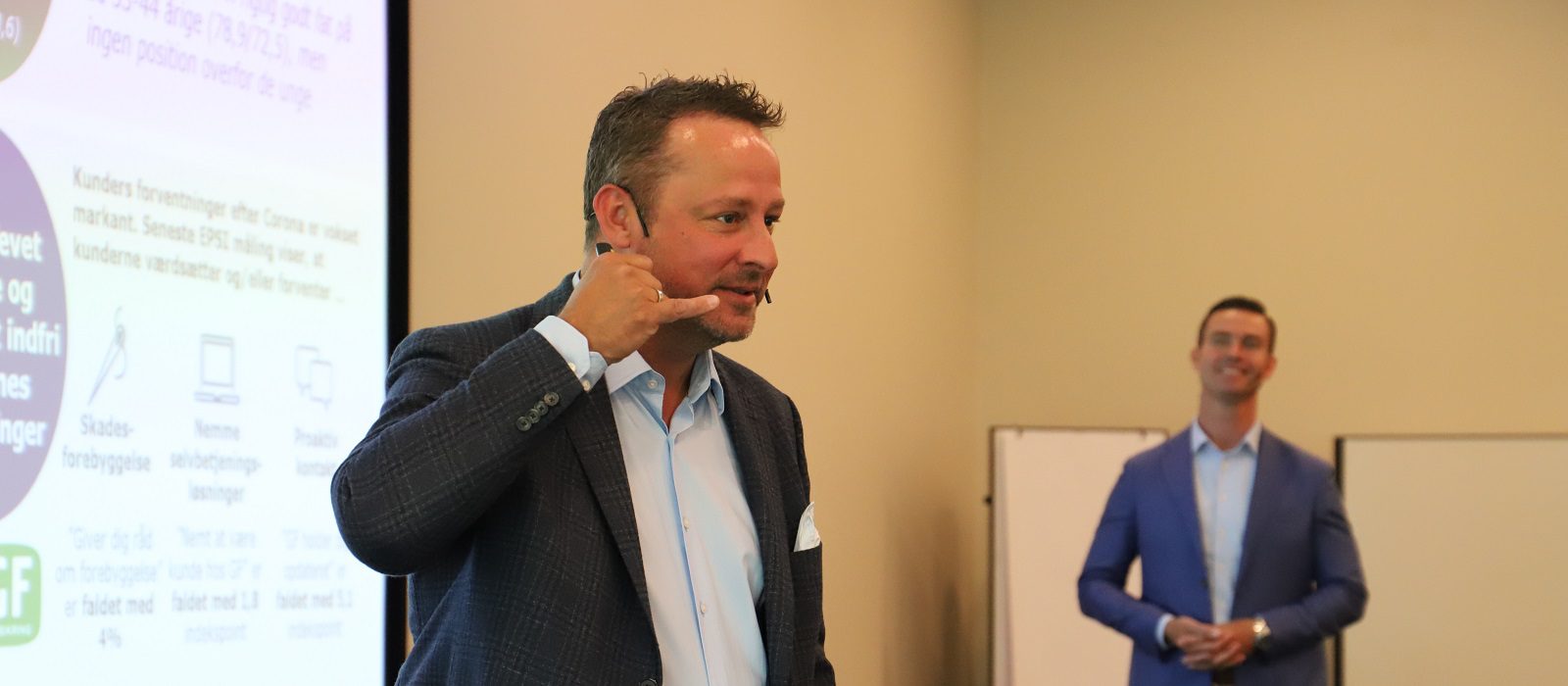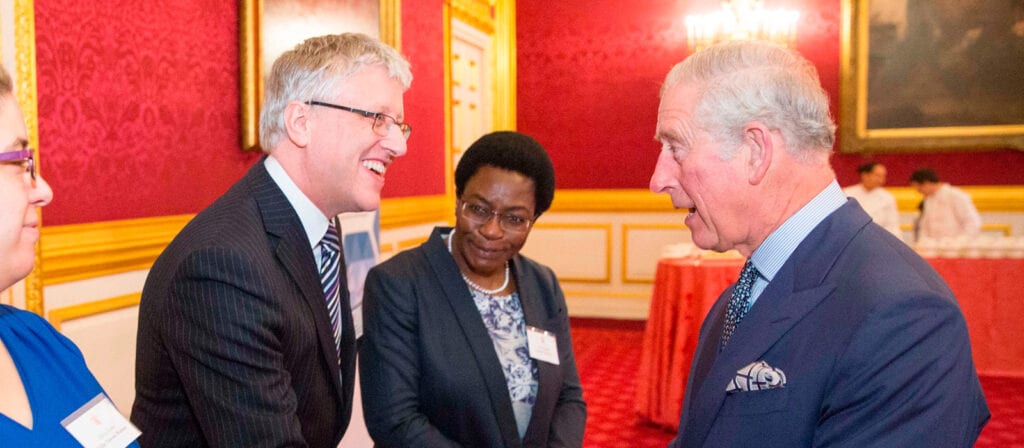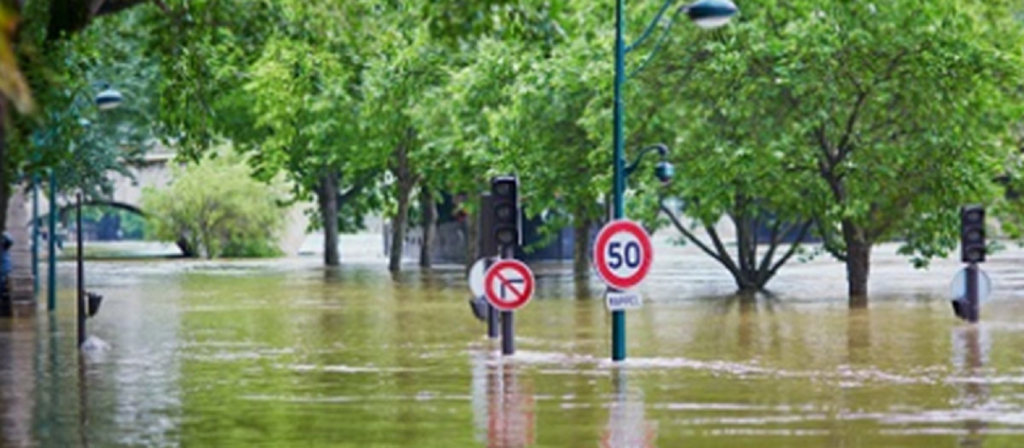Case study of the Task Force on Climate-related Financial Disclosure (TCFD)
The desire to influence global policy will be high on the wish list of almost every CEO in the insurance sector – certainly all of those I meet within the mutual and cooperative insurance sector. But rarely have I seen an idea move from the drawing board to action in as quick a time as it has taken for the creation of the Task Force on Climate-related Financial Disclosure (TCFD) to the publication of the report on its recommendations for helping businesses disclose climate-related financial risks and opportunities within the context of their existing disclosure requirements.
Solvency II took almost 15 years from the Sharma Report in 2002 to implementation in 2016. The IASB insurance directive started in 1997 and still hasn’t reached a conclusion! These are Titanics in policy terms whereas the TCFD is a speed boat which achieved its initial goal of the report’s publication in just over two years.
I am sure some of the reason for its speed is the person behind the initiative, namely Mark Carney (pictured), Chair of the Financial Stability Board and Governor of the Bank of England. Carney started the process in September 2015 with his famous Breaking the tragedy of the horizon – climate change and financial stability speech at a dinner held by Lloyd’s of London dinner. The speech shocked the establishment and Carney laid clear the link between climate change and global financial stability. In the speech Carney said “the challenges currently posed by climate change pale in significance compared with what might come. The far-sighted amongst you are anticipating broader global impacts on property, migration and political stability, as well as food and water security” and this is already being seen! Are we as mutual and cooperative insurers part of this far-sighted community? I hope so as we have been discussing these challenges at our Conferences and events since 2005. Now, perhaps, the world is ready to listen and follow.
Carney’s next move was to announce at the United Nations (UN) Climate Change Conference Paris 2015 (also known as COP 21) he was setting up the TCFD and that Michael Bloomberg, former Mayor of New York, was to chair it. A great coup and one which I don’t think the assembled audience of media, policymakers and business leaders expected and nor did they comprehend the farsightedness of the announcement at the time. I know, because I was there with Monique F. Leroux (President of the International Co-operative Alliance) in the audience. Monique immediately volunteered to be on the Task-force but sadly this was not accepted.
For the few insurance leaders and I who attended the various global conferences in Sendai, Addis Ababa, Paris and New York in 2015, it was extremely satisfying to see the inclusion of insurance and the recognition of the role that the sector can play in protecting lives and livelihoods form part of the United Nations agreements made in 2015, now termed ‘the 2030 Agenda’ for Sustainable Development. This confirmed the importance of the insurance sector as the world’s risk managers and a great outcome for all the work we had done in promoting the insurance industry globally. This was the moment when we finally saw risk being included in these hugely significant, global agreements. This has given insurers a platform to create new opportunities, to be part of the policymaking, and to (re)build our reputation in the years to come.
The initiatives that were the forerunner to the creation of the TCFD were Smart Risk Investing and the 1:100 initiative both of which ICMIF members heard about at the 2013 ICMIF Biennial Conference in Cape Town, South Africa. These initiatives were also presented at the UN Climate Action Summit in New York in September 2014. Whilst the work of the TCFD is independent there are some very similar recommendations to those which we trail blazed between 2013 and 2015.
So what does all this mean for the industry and specifically the mutual sector?
When the TCFD launched its report with its recommendations for disclosing climate-related financial risks it also opened a public consultation. ICMIF registered its comments on the consultation on behalf of our members. We particularly commended the recognition that the management of risks, including climate-related ones, are viewed as constituting insurers’ core business and we called upon policymakers and regulators to consult the insurance sector with regard to the protection of societies against the effects of climate change.
We endorse the Task Force’s solution to provide a clear, efficient, and voluntary disclosure framework that improves the ease of both producing and using climate-related financial disclosures. This will benefit both insurers and regulators.
Whilst the recommendations are on a voluntary basis we believe early adopters will build a good reputation by being seen to adopt the recommendations. This means that they will benefit in the long-term and the mutual sector will continue to be seen to play a leading role in fighting the effects of climate change and protecting societies around the world. The recommendation that climate-related risks and opportunities be put on every Board agenda shows foresight and business acumen in equal measures. This will lead, in turn, to metrics and targets being set to drive the global climate-change debate faster, which is widely accepted by many as humanity’s most critical long-term challenge.
As mutuals and cooperatives we have an ability to manage our businesses for the long-term. This, coupled with our innate desire to protect lives and livelihoods (as set out in the ICMIF Global Manifesto) rather than being solely driven by shareholder profit, makes the TCFD recommendations the perfect opportunity for our sector to show leadership.
So from start to finish it has taken less than five years (2013-2017) to create awareness, get engagement and deliver action on a global challenge that affects all of us and future generations. This is, I believe, effective influencing and when history is written I hope we can say the mutual sector played a key role and led the way. We are, however, still only at the early stages of a journey in the fight against climate change and in protecting our world. We now need our members to engage with ICMIF and get involved in this work of influence. We will be launching a new initiative in April, the International Advocacy Hub (IAH) outlining how you, our members, can engage and help make the ICMIF Global Manifesto’s theme Protecting lives and Livelihoods become a reality.






